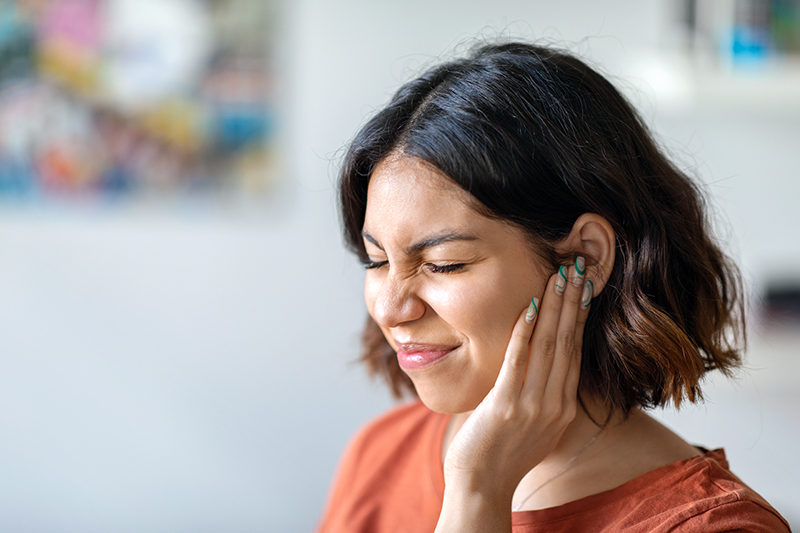
Perichondritis is a condition that affects the outside of the ear. It may be beneficial to familiarize oneself with the various indicators and contributing factors associated with perichondritis. This concerning infection impacts the skin and cartilage tissue of the ear. This ailment typically emerges when the pinna, which encases the ear’s cartilage tissue, becomes inflamed. Otitis externa, injuries, insect bites, burns, acupuncture, cosmetic ear piercings, or surgeries may all contribute to the development of this condition. Individuals who are managing inflammatory diseases or have weakened immune systems, as well as those with diabetes, may be more susceptible to perichondritis.
What are the Symptoms of Perichondritis?
Redness
Earache
Pinna’s swelling
Abscess, collection of pus
Fever
When it comes to distinguishing between perichondritis and polychondritis, there are some key differences to keep in mind. Polychondritis is a multisystem disease that causes inflammation and swelling of the cartilage throughout the body, impacting articulation, vision, and cardiovascular function. In contrast, perichondritis is limited to the outer part of the ear, specifically the pinna.
Treatment Options
In the event that you manifest any of the symptoms of perichondritis, it is advisable to seek an evaluation from a specialist. The specialist will conduct a physical examination and may even perform an infection culture. Treatment options will vary depending on the severity of the condition. For mild cases, oral antibiotics will be prescribed, which will be tailored to address the specific bacteria responsible for the infection.
While perichondritis is rare, patients must be aware of its symptoms and undergo appropriate treatment. If perichondritis is caused by a foreign object, such as a piercing or splinter, and results in an abscess, it will be removed through an incision to drain the pus. In severe cases, intravenous antibiotics and hospitalization may be necessary. If the infection has progressed and caused cartilage deformation (chondritis), plastic surgery may be required to restore its original appearance.